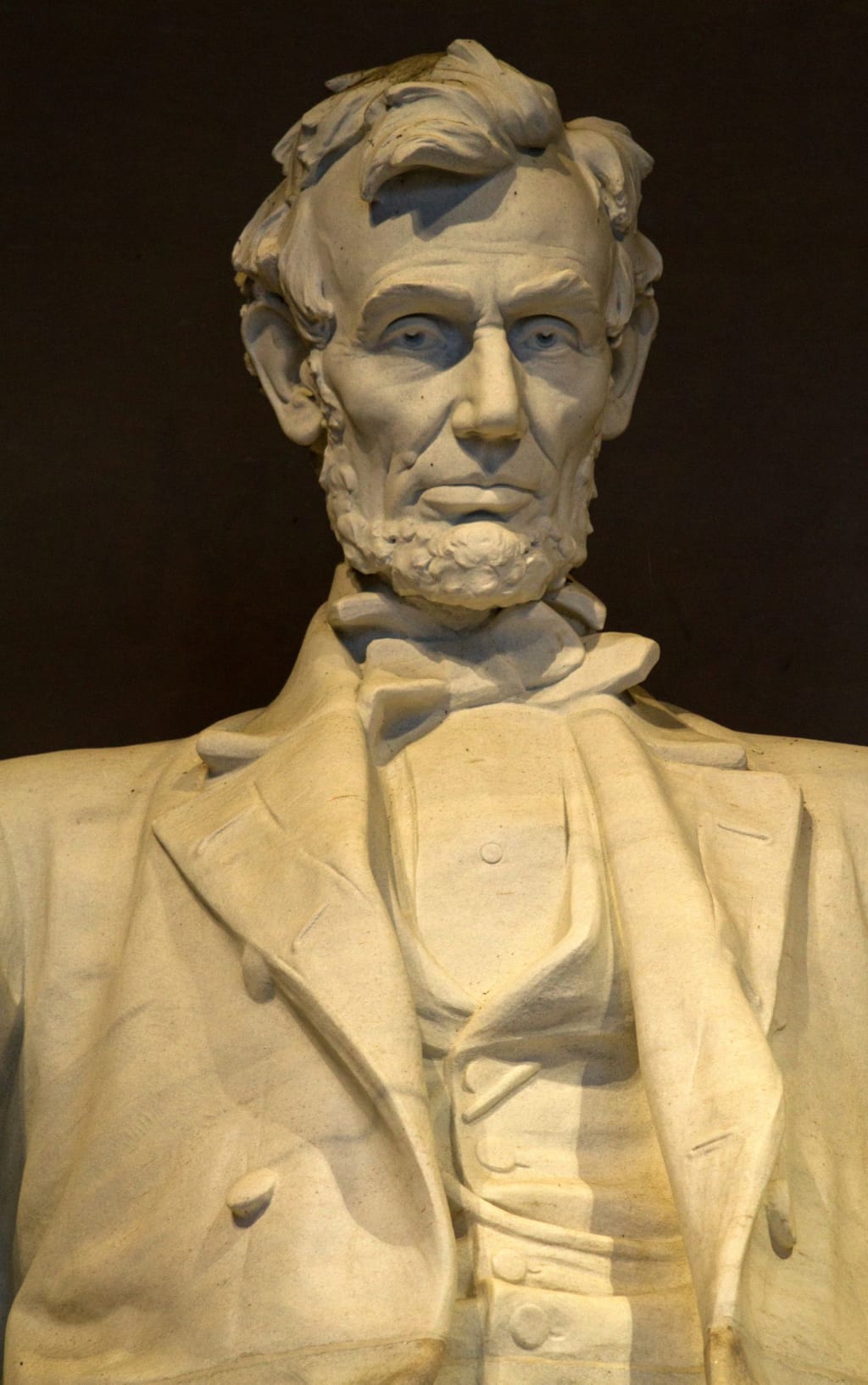"Team of Rivals: The Political Genius of Abraham Lincoln" by Doris Kearns Goodwin
Abraham Lincoln, The Political Genius

Grab the Full Read HERE!!
Understanding the Political Landscape:
By describing the political environment in the United States in the middle of the 19th century, Goodwin sets the scene. Slavery was a contentious topic in the country, which contributed to the Republican Party's rise. Lincoln, who was at the time a relatively unknown individual, became a serious contender for the 1860 presidency. He won the Republican candidacy and the presidency in the end, in spite of strong resistance.
Lincoln's Leadership Style:
The unusual leadership style of Abraham Lincoln is one of the book's main themes. He had a remarkable capacity for understanding other people's perspectives and maintaining his composure under duress. Lincoln was also a gifted storyteller who could make people laugh and relate to them via anecdotes and uncomfortable situations. People around him respected and were loyal to him because of his affable manner and genuine concern for others.
The book's title, "Team of Rivals," alludes to Lincoln's calculated choice to assign his political rivals to important posts in his cabinet. He picked men with distinct ideologies and personalities, such Edward Bates, Salmon P. Chase, and William H. Seward, all of whom had sought the presidency. Lincoln felt he could maximize his team's aggregate intelligence and fortify the Union by bringing in a variety of viewpoints and skills to his administration.
Managing Conflicting Personalities:
Lincoln's ability to control the competing egos and personalities inside his cabinet was one of his most remarkable leadership qualities. Despite their differences, Lincoln promoted an atmosphere that valued candid discussion. He valued the advice of his advisors and gave them a sense of control over the decision-making process by paying close attention to what they had to say. Lincoln was able to influence the path of the war by resolving conflicts and using the knowledge of his squad.
The Emancipation Proclamation:
An important turning point in Lincoln's presidency came when the Emancipation Proclamation was issued in 1863. All enslaved individuals in the Confederate states were proclaimed free by this executive proclamation. The declaration changed the Union's mission and made the eradication of slavery the main objective of the Civil War, even though it did not immediately put an end to slavery. Lincoln's choice to make the proclamation demonstrated his strategic skill and moral conviction, winning support for the Union cause on a national and worldwide scale.
Strategic Leadership During the Civil War:
Goodwin dives deeply into Lincoln's tactical choices made during the Civil War throughout the entire book. He struck a balance between the necessity of a military triumph and the need to sustain civilian support and the Union. Lincoln had to deal with a number of difficult issues, such as public criticism, internal discontent, and military losses. But he was able to successfully negotiate the challenges of wartime leadership because of his unyielding resolve and his readiness to adapt and learn from mistakes.
Lincoln's Legacy:
Goodwin ends by considering Lincoln's legacy and the timeless leadership lessons he imparted. For leaders in a variety of sectors, Lincoln's capacity to forge unity among a divided nation, place a high value on moral ideals, and empower people around him provides insightful lessons. His focus on perseverance, humility, and empathy makes him an enduring role model for good leadership. "Team of Rivals" emphasizes the value of accepting diversity of opinion, encouraging teamwork, and exhibiting steadfast moral courage in the face of difficulty.
Essentially, "Team of Rivals: The Political Genius of Abraham Lincoln" by Doris Kearns Goodwin gives readers a deep comprehension of Lincoln's leadership abilities and the outstanding accomplishments of his presidency. Lincoln's character is expertly captured by Goodwin through thorough research and gripping writing, emphasizing his capacity to turn political foes into allies and get through the most difficult time in American history. The book serves as a tribute to Abraham Lincoln's lasting influence as a visionary leader and imparts insightful knowledge to both present and upcoming leadership generations.
Go Enjoy the Full Read HERE!!!
About the Creator
Robert Sharp
Here to provide you with a vast amount of quality products that anyone is looking to add into their home!





Comments
There are no comments for this story
Be the first to respond and start the conversation.